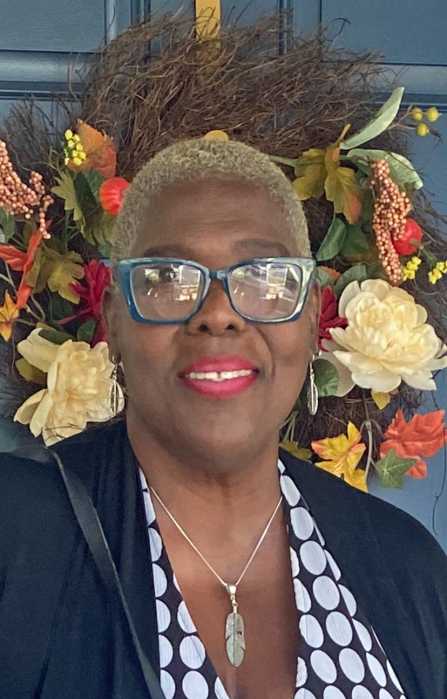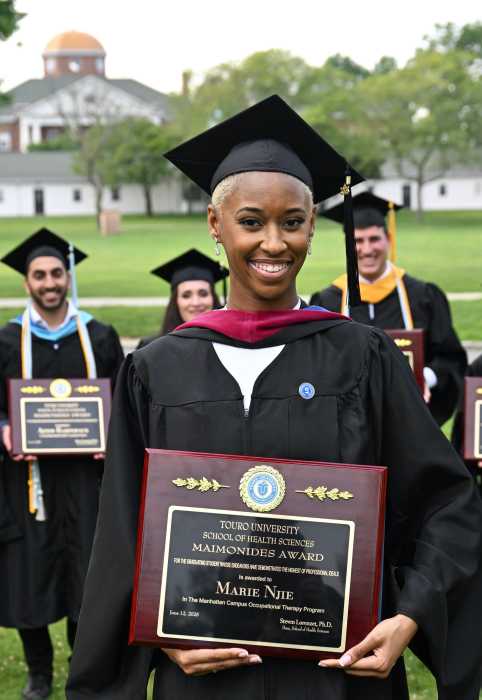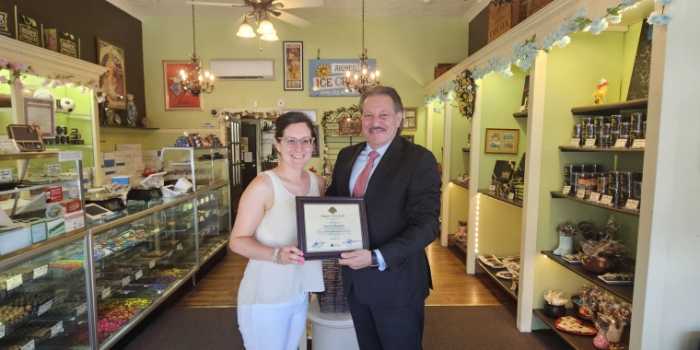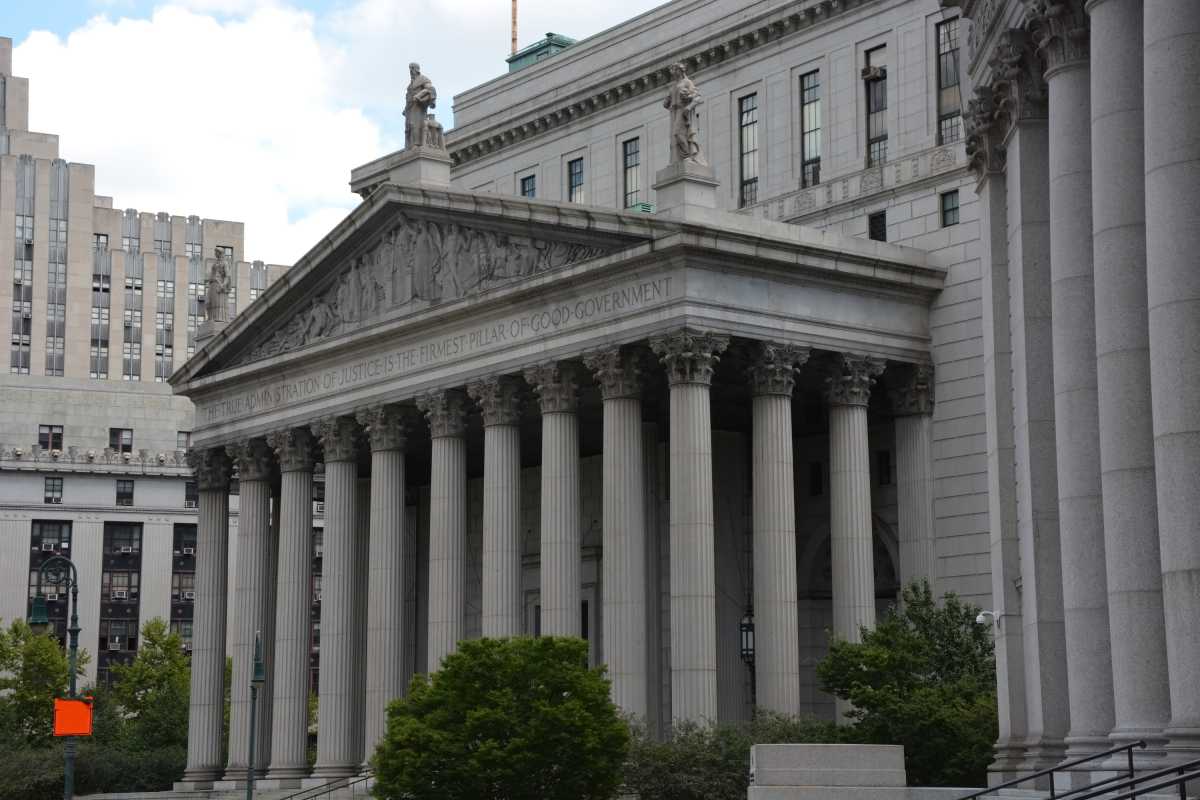Scotland’s bout of referendum fever last week probably rewound an early 60s tape for a lot of West Indians, recalling images of when we were ourselves awash in referendum chatter during what turned out to be the beginning of the end for our federal experiment. Jamaica is where the action was, the focus, back in September 1961, on the two all-time lions of Jamaican politics, Norman Manley and his cousin, Alexander Bustamante. Manley’s People’s National Party (PNP) then held the reins of government, with him as premier. The wily Bustamante had begun rattling the cage about Jamaica pulling out of the three-year-old Federation. And Manley, ever the classic democrat, decided to have the people decide what was to be done about Jamaica and Federation.
I don’t know that the view some of us onlookers harbored at the time, that Manley was “baited” by cousin “Busta” into calling that referendum, was necessarily correct. Manley probably sensed enough anti-Federation feeling among his fellow nationals to have calculated that not throwing the decision to the people would only have delayed the inevitable: rejection at the polls for the PNP whenever the next election came, with a victorious Bustamante and his Jamaica Labor Party thereafter quick-marching the territory out of the Federation anyway. Better, in Manley’s shoes, to try convincing a majority of Jamaicans that it was more beneficial that they remain in the federal union – a tall order, without a doubt.
Truth be told, Manley, in that situation, would not have been gifted with a whole lot of choice cards to play. The Federation was inaugurated Jan. 3, 1958 with much pomp and circumstance (there was even a member of British nobility on board as its overlord and legendary Grantley Adams of Barbados as its first prime minister), but with little else in the way of substantive accouterments suggestive of a serious new political alliance. Trinidad and Tobago’s premier, Dr. Eric Williams, who would soon come to be a pivotal player in the fate of the Federation, was openly dismissive of the Federal Government’s puny nine million dollar budget. Williams’ preference for bold strokes, rather than what he saw as tentative baby steps, in launching the finally realized West Indian integration dream of many, himself included, evidently put him at odds with some of his West Indian peers.
Clearly, of the two titans battling for Jamaican hearts and minds on the Federation question, less of a challenge confronted Bustamante. Probably the best odds for a receptive Jamaican public on the idea of continuing in the union would have been Jamaica’s being chosen as site of the Federal capital. The island’s very location up north, away from the cluster of territories in the eastern chain, came into play when the heads met to decide on the site. Williams was able to secure the capital for Trinidad and Tobago primarily by detailing how much the territory had been a magnet over the years for persons from other Eastern Caribbean territories. “Trinidad and Tobago is the West Indies,” he had said. The capital site carrot not a factor, handicapping the Jamaican referendum should have posed no difficulty for any tuned-in observer.
After Jamaicans, at a 54 percent clip, voted against remaining in the Federation, Manley immediately set about the business of readying the country for independence on its own. But Manley’s political skills, awesome though they were, would do nothing to mitigate strong sentiment among the electorate that Jamaica’s going it alone was rightly a Bustamante clarion call. And in the election Manley called prior to the arrival of independence, the electorate would confer on Bustamante the honor of becoming the country’s first prime minister.
Williams had been eerily silent when the results of the referendum became known. Pretty soon, though, his reaction would be enunciated in one of the highlight captions of Caribbean politics for the ages: “One from 10 leaves nought.” Jamaica’s compromising of the 10-member alliance that had been so arduously crafted meant, in his view and that of the government he led, that the alliance was history. To no one’s surprise, of course there was heat from certain quarters over the Williams stand. And one recalls Adams wistfully indulging in speculation about a “Little Eight” amalgamation out of the package that was. Not even the Colonial Office in London, anxious to unload territorial headaches spread far and wide, was about to go there with Adams and anyone else on that kick. West Indies Federation was formally put to sleep. Who or what delivered the lethal body blow will likely remain a matter of debate.
But what a contrast our exotic Caribbean-ness concocted for how to do the referendum thing! The folks in Scotland voted to continue being part of the UK. Supposedly, reassurance from the three major parties in Britain – Conservatives, Labor and Liberal Democrats – played large in keeping the Scots in the fold, allaying fears stoked by the separatists on issues like taxes, spending and welfare. We in the Caribbean went for something snazzier. Bustamante rocking Manley’s boat and out-dueling him to emerge, well into his seventies, as the first prime minister of independent Jamaica. And, to cap it all, “one from 10 leaves nought.” Who could beat that?

























